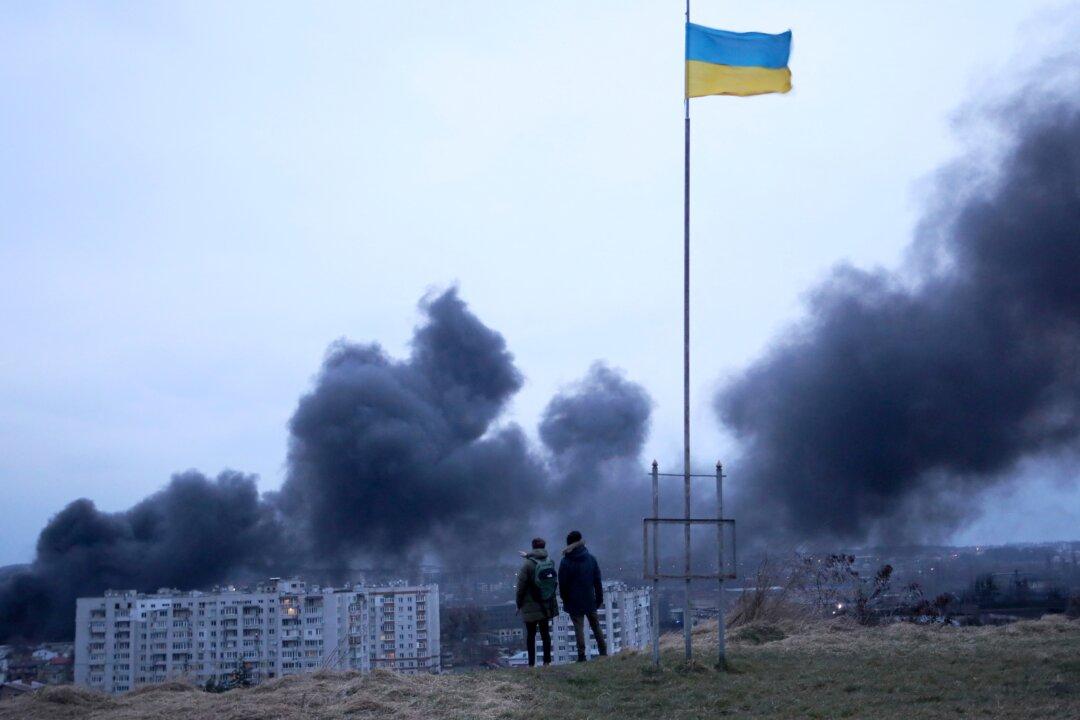The New Zealand government says it will not investigate whether the death of two aid workers, one of whom was a New Zealander, in Ukraine’s Soledar region a year ago, is a potential war crime.
However, experts say more needs to be done, and the parents of the victim are pressing for the New Zealand and UK governments to send their investigators to Kyiv.





